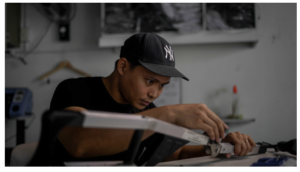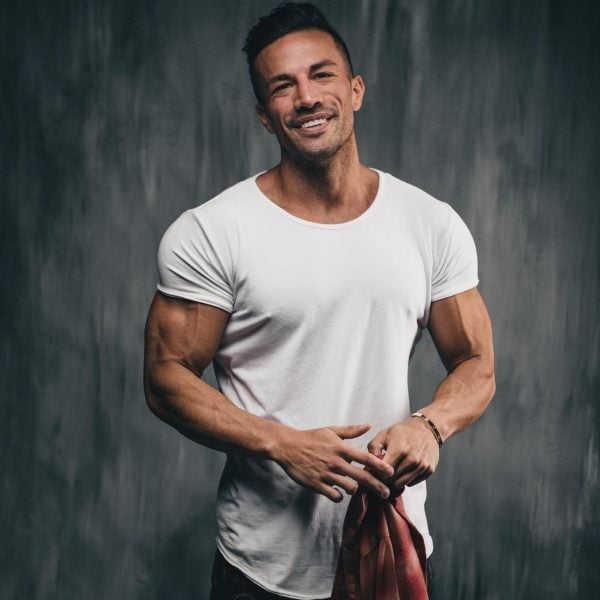Entrepreneurs are much like inventors. Where their mind goes, innovation follows. James Bryan Camacho is a great example of an entrepreneur who sought purpose with his invention of foldable crutches. As a Polio survivor, Camacho understands the daily struggles of crutches. They’re awkward and bulky. An uncomfortable occurrence on a plane was the beginning of Camacho’s new idea. A flight attendant tried to find a space for his crutches, but she could not find one. So, she ended up wrapping them in packaging tape. This event inspired the idea of his Nano Foldable Crutch that could easily be folded and unfolded quickly with just a push of a button.
Some people say that “entrepreneurs” just like to reinvent the wheel. In reality, most entrepreneurs improve upon existing ideas. In this case, Camacho did not reinvent crutches but reformed them. He thought to himself, “how could I make this better?”. Crutches were not effortlessly portable before Camacho came along.
Camacho often mentions how difficult it is to be a young inventor. With lack of experience, there is so much to learn and many mistakes to be made. Many of these entrepreneurs, like Camacho, start broke and unemployed. It’s not about the resources or intelligence one has. Camacho claims that his grit is the reason that he was able to impact the world. He emphasizes passion and resilience through times of adversity.
Ideally, an entrepreneur should never be willing to give up. By this standard, Camacho is a great role model for anyone who is aspiring to be an entrepreneur.






:max_bytes(150000):strip_icc():focal(749x0:751x2)/selena-gomez-rare-beauty-tout-475f8973ffa34df0990416daad701564.jpg)